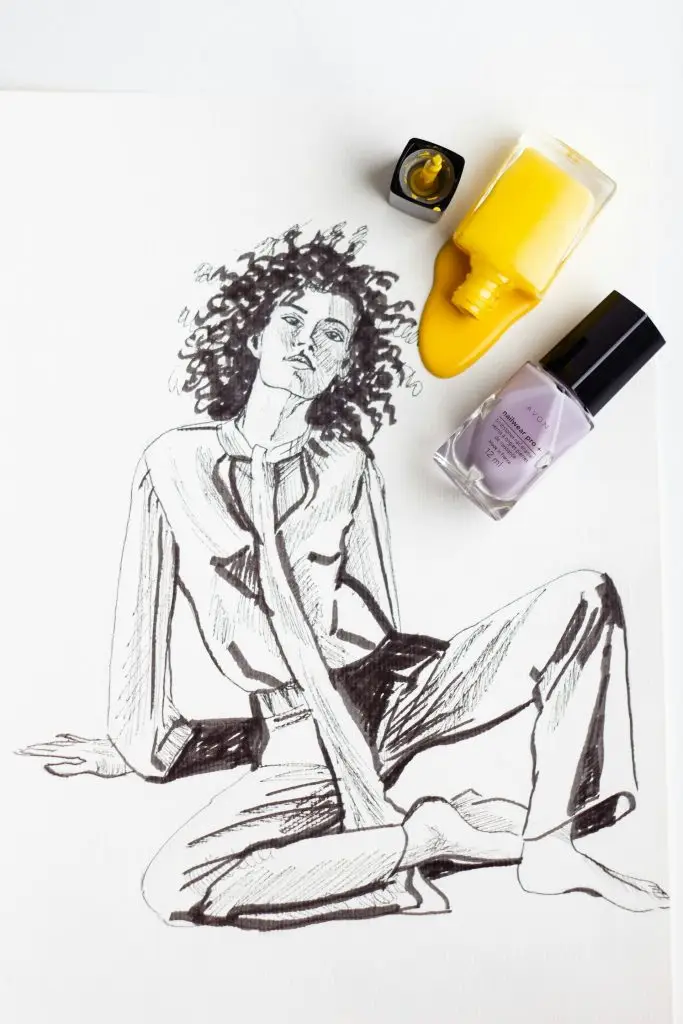In the vast realm of visual arts, sketching stands as a cornerstone, bridging imagination with reality, and raw strokes with refined expressions. It’s a timeless craft that captures the essence of subjects, evoking emotions, and telling stories with just a stroke of a pencil. Delving into the art of sketching unveils a world where lines dance freely, shadows speak volumes, and every stroke holds the potential to transcend the mundane. Let’s embark on a journey to master the basics of drawing and unlock the creative potential within.
Understanding the Essence of Sketching
At its core, sketching is about capturing the essence of a subject in its simplest form. It’s not about achieving perfection but rather about conveying ideas, emotions, and impressions. Sketching encourages spontaneity and embraces imperfections, allowing artists to explore without the constraints of rigid rules. Whether it’s a quick gesture sketch or a detailed study, each stroke adds depth to the narrative woven on the blank canvas.
Mastering the Tools
Before diving into the world of sketching, it’s essential to acquaint oneself with the tools of the trade. A basic sketching kit typically comprises pencils of varying grades, erasers, sharpeners, and a sketchbook. Experimenting with different pencils allows artists to control line weight, texture, and shading, while erasers serve as both correction tools and instruments for creating highlights. The choice of paper also plays a crucial role, with options ranging from smooth to textured surfaces, each offering unique characteristics to complement the artistic style.

Source: https://unsplash.com/photos/assorted-school-supplies-9-kKRL6aiik
Embracing Line and Form
Lines are the building blocks of sketches, defining shapes, contours, and proportions. Mastering line work involves understanding the dynamics of pressure, speed, and direction. Thick, bold lines can convey strength and solidity, while delicate, hatched lines suggest subtlety and depth. Beyond outlines, exploring the interplay of light and shadow adds dimensionality to sketches, breathing life into two-dimensional forms. By studying the fundamentals of anatomy and perspective, artists gain a deeper understanding of form, enabling them to create convincing representations of the world around them.
Cultivating Observation Skills
Sketching is as much about seeing as it is about drawing. Cultivating keen observation skills is essential for capturing the nuances of life with accuracy and authenticity. Whether sketching a still-life arrangement, a bustling cityscape, or a portrait, attention to detail elevates the final outcome. Practicing gesture drawing, wherein subjects are captured in quick, gestural strokes, trains the eye to recognize essential shapes and proportions swiftly. Moreover, sketching from life instills a sense of immediacy and intimacy, fostering a deeper connection between the artist and the subject.
Using Sketching to Explore Style and Expression
As artists hone their skills, they develop a unique style that sets their work apart. Style encompasses elements such as line quality, composition, and use of color, reflecting the artist’s personality and vision. Some artists prefer loose, expressive sketches that capture the energy of the moment, while others gravitate towards meticulously rendered illustrations that showcase intricate details. Experimenting with different techniques and mediums allows artists to broaden their artistic vocabulary and explore new avenues of expression. Ultimately, finding one’s style is a journey of self-discovery, shaped by experiences, influences, and personal preferences.

Source: https://unsplash.com/photos/woman-in-white-dress-sketch-t6DocEbgp_g
Seeking Inspiration and Feedback
The journey of mastering sketching is an ongoing pursuit fueled by curiosity and inspiration. Drawing inspiration from diverse sources such as nature, literature, and everyday life enriches the creative process, sparking new ideas and perspectives. Additionally, seeking feedback from peers, mentors, and online communities provides valuable insights and constructive criticism that propel artistic growth. Embracing a mindset of continuous learning and adaptation empowers artists to push boundaries, challenge conventions, and evolve their craft.
The art of sketching is a testament to the human capacity for creativity and expression. Through disciplined practice, keen observation, and unwavering passion, artists unlock the boundless potential of their imagination. Mastering the basics of drawing is not merely about acquiring technical skills but also about nurturing a mindset of curiosity, experimentation, and self-discovery. With each stroke of the pencil, artists embark on a journey of exploration and revelation, transforming blank pages into vibrant tapestries of life. So, pick up your pencil, embrace the journey, and let your sketches tell the stories only you can envision.

